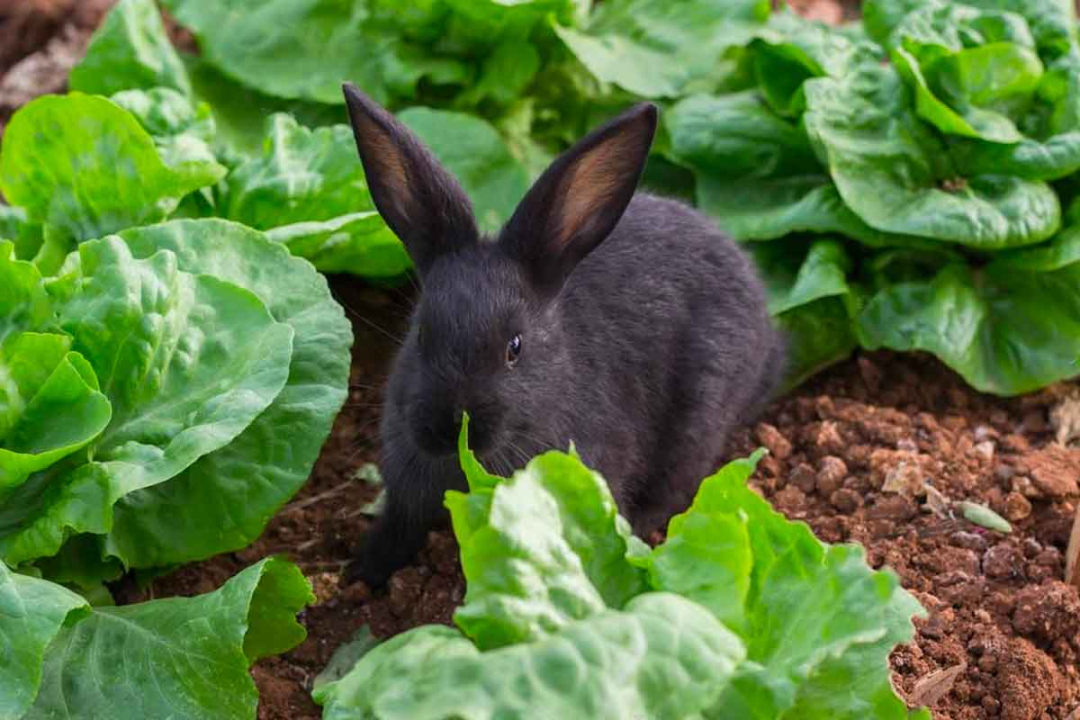Can Rabbits Have Cabbage?
Rabbits are known to have a diverse diet that mainly consists of hay, fresh vegetables, and small amounts of fruits. One of the most commonly asked questions by rabbit owners is whether cabbage is safe for their furry friends to consume. Let’s delve into this topic and explore whether rabbits can have cabbage as part of their diet.

The Nutritional Value of Cabbage
Cabbage is a leafy green vegetable that belongs to the Brassica family. It is packed with essential nutrients that can be beneficial for humans, such as vitamin C, vitamin K, and dietary fiber. However, when it comes to rabbits, the nutritional value of cabbage can be a bit concerning.
Rabbits have a unique digestive system that requires a diet high in fiber and low in sugar and starch. While cabbage does contain fiber, it is also known to have a high water content, which can dilute the rabbit’s digestive juices and potentially lead to digestive issues. Moreover, cabbage is relatively high in sugar and can cause gas and bloating in rabbits if consumed in large quantities.
The Risks of Feeding Cabbage to Rabbits
Feeding cabbage to rabbits in excessive amounts can lead to various health problems. Some of the risks associated with feeding cabbage to rabbits include:
- Gas and Bloat: Rabbits have sensitive digestive systems, and the high sugar content in cabbage can cause gas and bloat, leading to discomfort and potential health issues.
- Diarrhea: Due to its high water content, cabbage can upset the delicate balance of a rabbit’s gut, leading to diarrhea.
- Thyroid Issues: Cabbage belongs to the cruciferous vegetable family, which contains goitrogens. Goitrogens can interfere with the functioning of the thyroid gland and may cause thyroid problems in rabbits if consumed in large quantities.
- Urinary Problems: Cabbage contains calcium, and rabbits that consume excessive amounts of cabbage can develop urinary problems such as bladder sludge or urinary tract stones.
Feeding Cabbage in Moderation
While cabbage should generally be avoided in a rabbit’s diet, it can be given in moderation as an occasional treat. It is important to note that rabbits have different tolerance levels, and some may react more severely to cabbage than others. If you choose to feed cabbage to your rabbit, follow these guidelines:
- Cabbage should never make up more than 10% of a rabbit’s diet. Always introduce new foods gradually and monitor your rabbit for any signs of digestive issues or discomfort.
- It is vital to remember that the main component of a rabbit’s diet should be high-quality hay, followed by fresh leafy greens and a small amount of rabbit pellets. Cabbage should only be considered as an occasional treat and should not replace the essential components of their diet.
Frequently Asked Questions (FAQs)
1. Can rabbits eat other types of cabbage?
Yes, rabbits can safely consume other cabbage varieties such as red cabbage, savoy cabbage, and bok choy. However, the same guidelines of moderation and gradual introduction should apply.
2. Are cabbage leaves or stalks better for rabbits?
Both cabbage leaves and stalks can be fed to rabbits, but it is important to remove the tough stems and hard parts before offering them. The leaves are generally more tender and easier to digest for rabbits.
3. What are the alternatives to cabbage for rabbits?
Rabbits can enjoy a wide variety of leafy greens such as romaine lettuce, kale, parsley, cilantro, and dandelion greens. These alternatives provide a good range of nutrients without the potential risks associated with cabbage.
4. Can baby rabbits eat cabbage?
No, it is not recommended to feed cabbage to baby rabbits. Their digestive systems are still developing, and introducing new foods too early can cause digestive upsets. Stick to their mother’s milk and gradually introduce solid foods once they are weaned.
In conclusion, while rabbits can have cabbage in moderation as an occasional treat, it is crucial to consider the potential risks associated with its consumption. It is always best to prioritize a balanced diet consisting of hay, fresh greens, and limited fruits to meet a rabbit’s nutritional needs and promote their overall health.
Related Articles…
Copyright Notice:
The images displayed here are sourced from the internet, with copyrights held by respective owners. For removal of any copyrighted image, please email us.